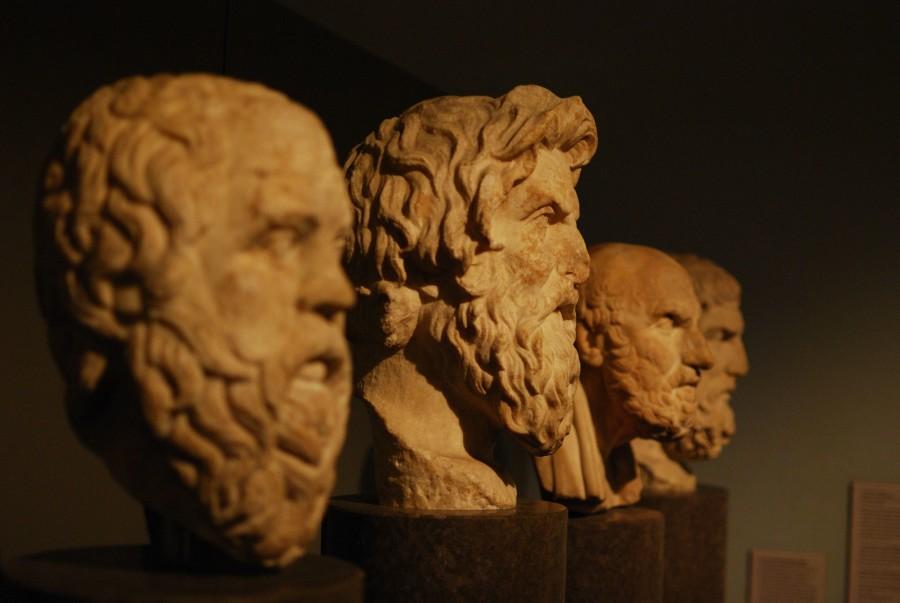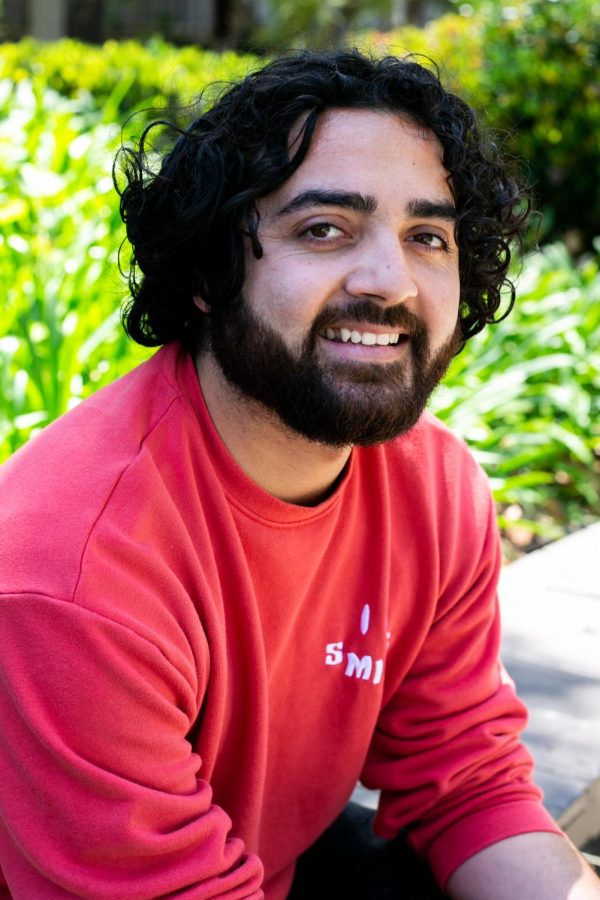The act of doing philosophy requires an investigation into all claims, especially those that are considered sacred or self-evident. But, what of the fundamental presuppositions of typical philosophy itself?
Since Ancient Greek time, Plato had discussed a duality of good and bad, truth and error, e.g. the form of the good. It was a good that existed in another realm that all of our souls had somehow detached from. It is also that same realm where the perfect forms of everything exist; our realm only containing the imperfect copies of those other-worldly forms. Our world, one of inferior copies to the superior realm of perfect originals, could only come to be known by the philosophers.[1] Also, recall Plato’s famous Analogy of the Cave. The analogy presupposes that you can even go outside the cave of delusion, let alone the presupposition that exiting the cave doesn’t lead you into another cave… What is this presupposition that truth, specifically TRUTH, even exists?[2]
Either of Plato’s explanations suggested that we are in constant error, like an original sin, and that it is the job of the philosopher to discover truth wherever it may be. But this is prescribing that there exists a dualism of truth and error, good and evil, superiority and inferiority, etc. If it has typically been the aim of philosophers to discover truth amidst error, then what is really being said here is that:
That objective[3] truth exists and we are engaged in a process of discovering it.
Let us go more into detail. The first part, “That truth exists,” how do we know this? At least to such an immense extent that Plato had suggested? One philosopher saw this conundrum of the philosopher, Friedrich Nietzsche.
In his Beyond Good and Evil, Nietzsche writes”
The Will to Truth, which is to tempt us to many a hazardous enterprise, the famous Truthfulness of which all philosophers have hitherto spoken with respect, what questions has this Will to Truth not laid before us! What strange, perplexing, questionable questions! It is already a long story; yet it seems as if it were hardly commenced. Is it any wonder if we at last grow distrustful, lose patience, and turn impatiently away? That this Sphinx teaches us at last to ask questions ourselves? WHO is it really that puts questions to us here? WHAT really is this “Will to Truth” in us? In fact we made a long halt at the question as to the origin of this Will—until at last we came to an absolute standstill before a yet more fundamental question. We inquired about the VALUE of this Will.
Granted that we want the truth: WHY NOT RATHER untruth? And uncertainty? Even ignorance? The problem of the value of truth presented itself before us — or was it we who presented ourselves before the problem?
Which of us is the Oedipus here? Which the Sphinx? It would seem to be a rendezvous of questions and notes of interrogation. And could it be believed that it at last seems to us as if the problem had never been propounded before, as if we were the first to discern it, get a sight of it, and RISK RAISING it? For there is risk in raising it, perhaps there is no greater risk.[4]
There can be a very seriously uncomfortable feeling attached to uncertainty. It is a feeling of powerlessness. It is the shiver of perhaps a cold world once thought warm. It is the realistic world versus the idealistic…
Nietzsche continues on:
That which causes philosophers to be regarded half-distrustfully and half-mockingly, is not the oft-repeated discovery how innocent they are—how often and easily they make mistakes and lose their way, in short, how childish and childlike they are,—but that there is not enough honest dealing with them, whereas they all raise a loud and virtuous outcry when the problem of truthfulness is even hinted at in the remotest manner. They all pose as though their real opinions had been discovered and attained through the self-evolving of a cold, pure, divinely indifferent dialectic (in contrast to all sorts of mystics, who, fairer and foolisher, talk of “inspiration”), whereas, in fact, a prejudiced proposition, idea, or “suggestion,” which is generally their heart’s desire abstracted and refined, is defended by them with arguments sought out after the event. They are all advocates who do not wish to be regarded as such, generally astute defenders, also, of their prejudices, which they dub “truths,”—and VERY far from having the conscience which bravely admits this to itself, very far from having the good taste of the courage which goes so far as to let this be understood, perhaps to warn friend or foe, or in cheerful confidence and self-ridicule.[5]
Could it be that nearly everything is a social construction, i.e. subjective: it depends on us, since we have essentially created it? Is truth and falsity grounded in something that is independent of us, perhaps like God(s)? But how would one truly come to know if something originates from something independent of us, wouldn’t that require evidence or support for the very thing that is claimed to be independent of us? It demands further justification, support, evidence! And what of the dualistic structure of good vs evil, truth vs error, etc.? Is this a structure that fosters oppression? Can oppression and/or violence be used as justification for those who are “incorrect, in error, not aligned with TRUTH?” We seem to really love and find comfort with many of these things…
These will be some of the questions I will entertain this semester…
Thoughts till next time: “Sir,” the philosopher will perhaps give him to understand, “it is improbable that you are not mistaken, but why should it be the truth?”[6]
[1] A philosophic system of oppression?
[2] I believe this is alluding to the rivalry between the Sophists…
[3] Objective: Independent of us VS. Subjective: Dependent on us.
[4] Nietzsche – Beyond Good and Evil “The Prejudice of the Philosophers” Section 1. http://www.gutenberg.org/files/4363/4363-h/4363-h.htm#link2HCH0001. Bolded for emphasis.
[5] ibd; section 5
[6] ibd; section 16.







